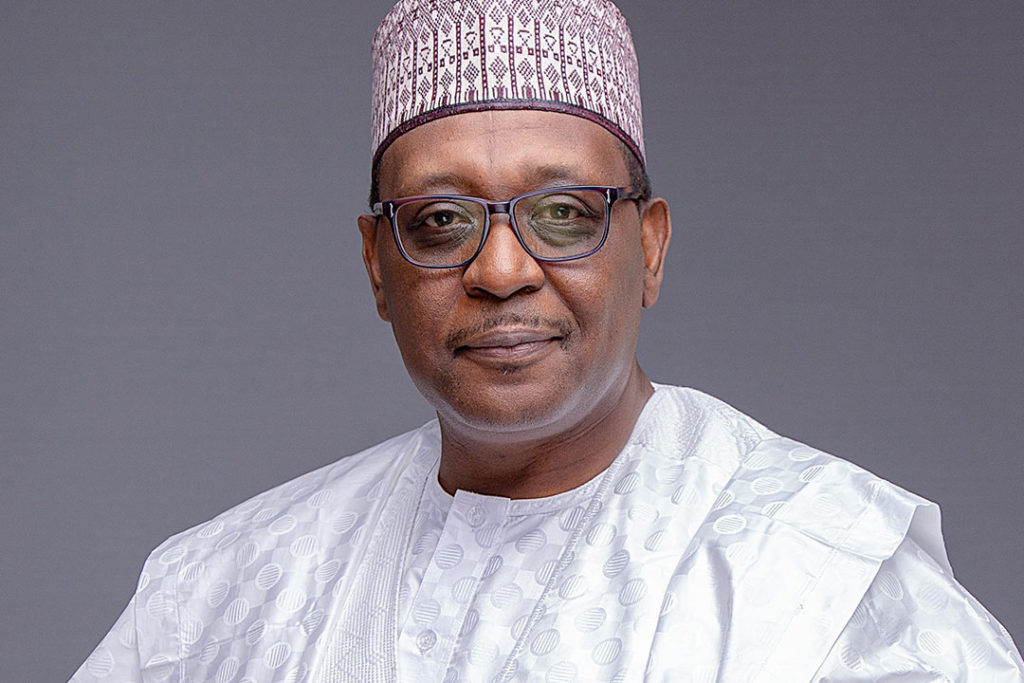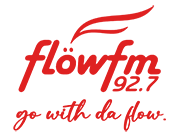Federal Government Calls for Greater Domestic Financing of Healthcare as Foreign Aid Declines

Minister of Health and Social Welfare, Prof. Muhammad Ali Pate, has urged federal, state, and local governments to take stronger responsibility for financing and strengthening healthcare systems, stressing that the country faces a decisive moment with dwindling foreign aid.
Speaking at the National Health Financing Policy Dialogue in Abuja, organised by the National Health Insurance Authority (NHIA), the minister highlighted that out-of-pocket spending accounts for more than 70 per cent of healthcare costs, leaving families to bear the burden. He noted that insurance coverage remains low, with only about 10 per cent of Nigerians covered and wide regional disparities.
He expressed concern that counterpart funding for the Basic Healthcare Provision Fund (BHCPF) has been inconsistent, with allocations often delayed or unreleased. He also identified accountability gaps, including the difficulty of tracking how funds are spent and linking them to measurable health outcomes. High financing costs and regulatory hurdles, he added, continue to limit private sector participation.
On fiscal performance, Pate observed that Nigeria’s consolidated fiscal position improved in 2024, as federation revenues rose sharply from N16.8 trillion in 2023 (7.2% of GDP) to an estimated N31.9 trillion in 2024 (11.5% of GDP). This pushed the fiscal deficit down from 5.4% of GDP in 2023 to 3.0% in 2024. States, in aggregate, recorded a fiscal surplus, though with wide variations across the federation.
Minister of Budget and Economic Planning, Abubakar Atiku Bagudu, also addressed the gathering, noting that mechanisms have been introduced to stimulate greater investment in the sector. He stressed, however, that the combination of public and private resources currently available remains below what is needed to meet the healthcare demands of over 220 million Nigerians.







